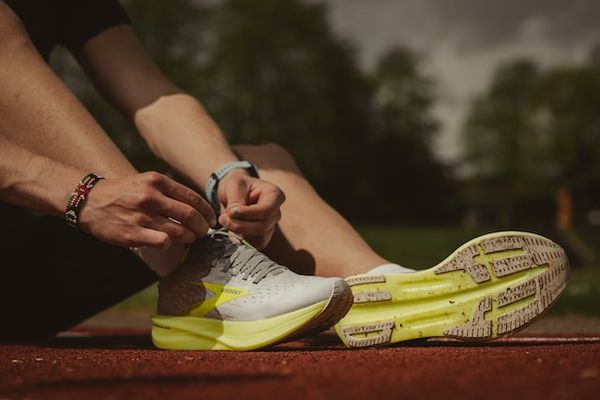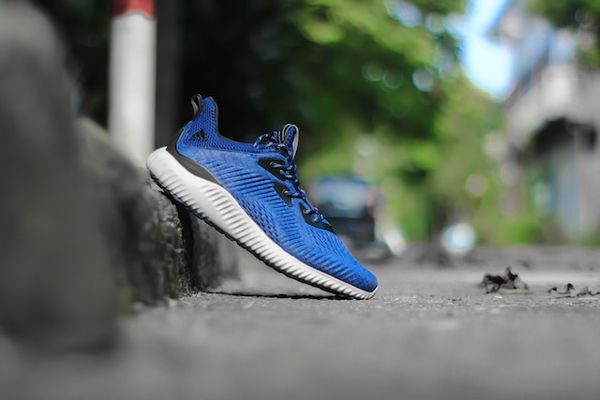
Explore the scientific and psychological aspects of expensive running shoes and their impact on speed and performance.
In the Modern World of Sports
In the modern world of sports, new equipment, tools, and gear come into the market every day, claiming to revolutionize the way we perform. One of the most debated topics in the realm of athletics is running shoes, particularly the high-end, expensive ones. Every year, major brands introduce new shoes with advanced technologies and attractive designs, often accompanied by premium price tags. But do these shoes genuinely offer an advantage in terms of speed? Let’s embark on a detailed exploration.
The History and Evolution of Running Shoes
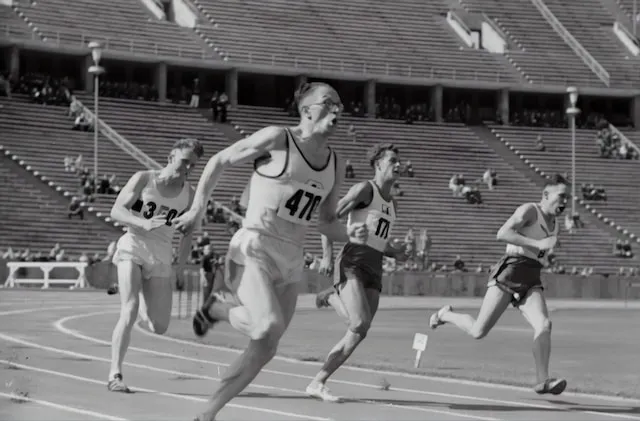 Running is perhaps the oldest sport known to humanity. From our ancestors chasing game to modern-day marathons, our species has always been on the move. As we evolved, so did our footwear. The introduction of running shoes transformed the experience, bringing with it the promise of enhanced performance, protection, and comfort.
Running is perhaps the oldest sport known to humanity. From our ancestors chasing game to modern-day marathons, our species has always been on the move. As we evolved, so did our footwear. The introduction of running shoes transformed the experience, bringing with it the promise of enhanced performance, protection, and comfort.
In recent years, however, the running shoe industry has witnessed a paradigm shift. Companies are no longer just offering comfort; they’re promising record-breaking speeds.
The Nike Vaporfly: An Iconic Case Study
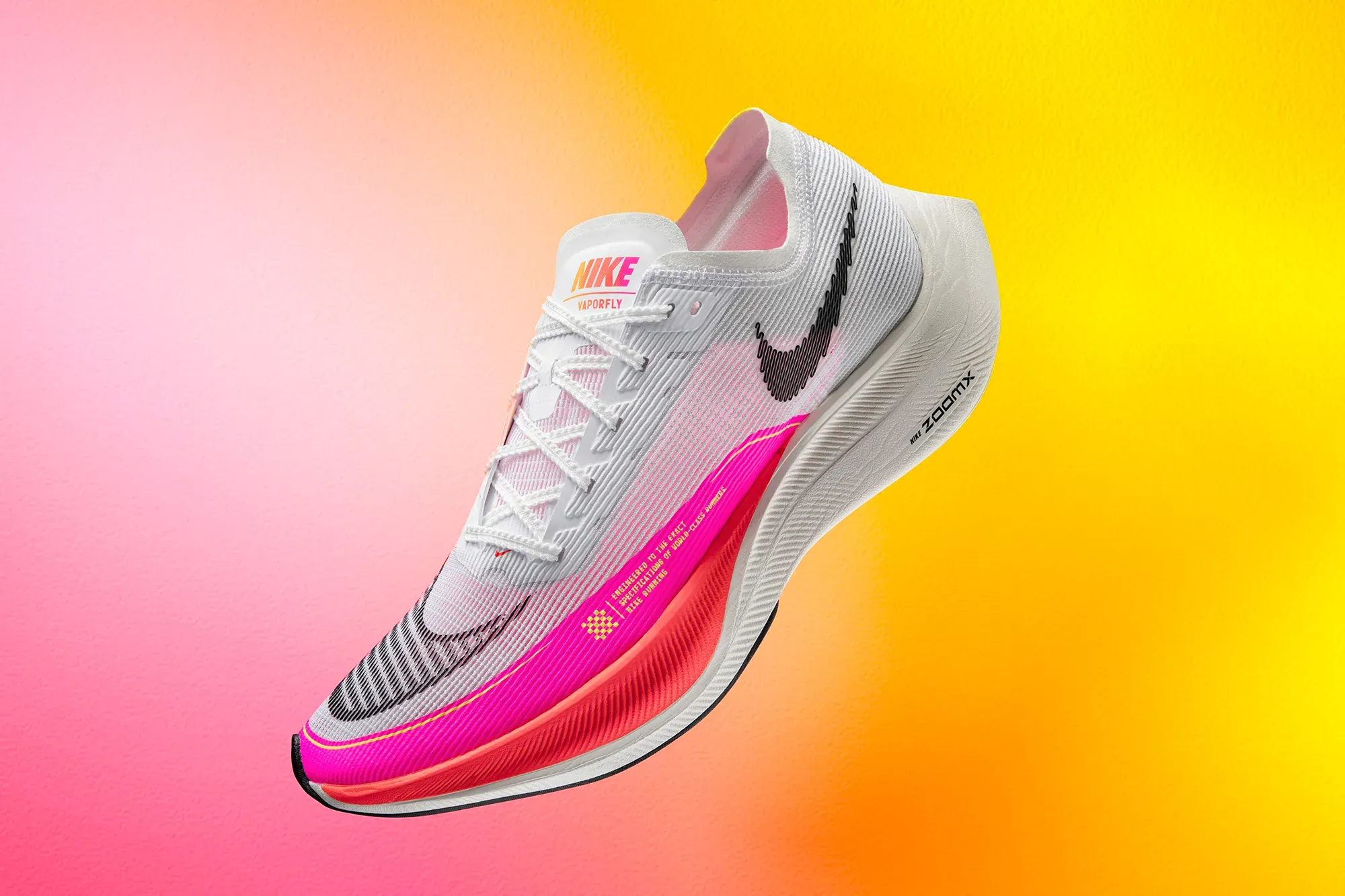 The Nike Vaporfly serves as an apt starting point. Released amidst a whirlwind of marketing blitz, this shoe made waves in the running community. The crux of its appeal lies in its unique foam midsole and carbon fiber plate.
The Nike Vaporfly serves as an apt starting point. Released amidst a whirlwind of marketing blitz, this shoe made waves in the running community. The crux of its appeal lies in its unique foam midsole and carbon fiber plate.
A study funded by Nike found that these shoes offered a 4% improvement in running economy. On the surface, this seems like a guarantee for faster run times. However, a crucial question arises: Can findings funded by a brand be taken at face value? Potential bias is always a concern.
To provide a more holistic view, an independent researcher published in the journal Sports Medicine echoed these findings, albeit with a caveat. While the Vaporfly improved running economy when compared to other popular racing flats, running economy doesn’t directly translate to speed. Improved running economy means using less energy at a given pace, but several factors influence a runner’s final race time.
Biomechanics: One Shoe Does Not Fit All
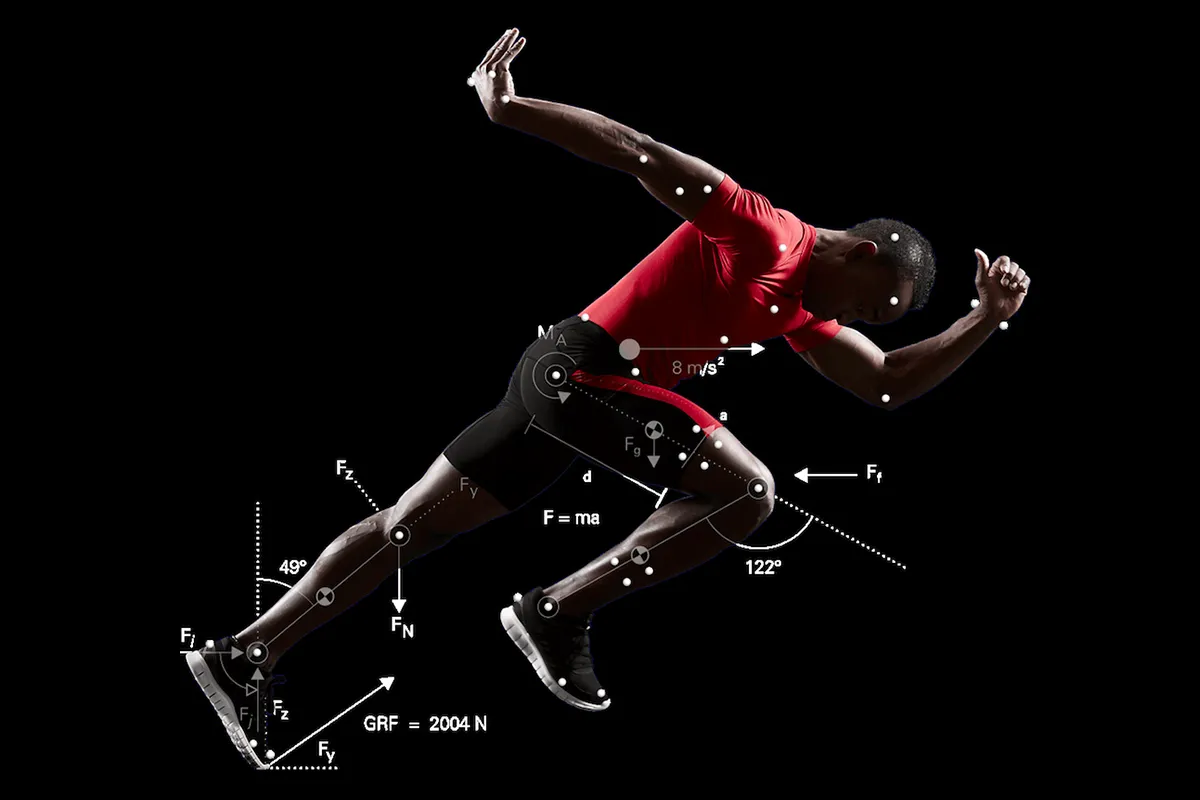 Diving deeper into the subject, it becomes evident that personal biomechanics plays a pivotal role. A 2015 research in the Journal of Sports Science and Medicine established that there’s no universal ‘best’ shoe. What works phenomenally for one athlete could be counterproductive for another.
Diving deeper into the subject, it becomes evident that personal biomechanics plays a pivotal role. A 2015 research in the Journal of Sports Science and Medicine established that there’s no universal ‘best’ shoe. What works phenomenally for one athlete could be counterproductive for another.
For instance, a shoe might assist in correcting overpronation for one runner, while for another, the same shoe could exacerbate biomechanical issues. Hence, even if a shoe is technologically advanced and expensive, its efficacy is subjective.
The Power of the Mind: Placebo Effect in Action
 There’s an intriguing psychological angle to this debate. The human mind is powerful, and belief can sometimes shape reality. If a runner is convinced that their new, expensive shoes will make them faster, there’s a good chance it might influence their performance.
There’s an intriguing psychological angle to this debate. The human mind is powerful, and belief can sometimes shape reality. If a runner is convinced that their new, expensive shoes will make them faster, there’s a good chance it might influence their performance.
In a fascinating experiment highlighted in the Journal of Sports Economics, athletes who were led to believe they had high-end equipment outperformed their counterparts, even when the gear was identical. This underscores the importance of the placebo effect in sports performance.
Durability, Comfort, and Longevity: The Hidden Players
Speed is not the sole metric of a shoe’s worth. Some argue that premium shoes, with their superior build and materials, offer unparalleled comfort and longevity. This could mean better protection for the feet, potentially leading to fewer injuries. And fewer injuries translate to consistent training, which in the long run, might lead to faster times.
However, it’s essential to note that concrete evidence directly linking shoe price to injury prevention is scant. While anecdotal evidence and testimonials abound, the scientific community remains divided.
The Verdict: Speed, Shoes, and Science
It’s tempting to hope that a single purchase could unlock newfound speed. However, the truth is multifaceted. Yes, certain expensive shoes have shown to improve running economy, which can be an ingredient in the recipe for speed. But it’s not a guaranteed formula for all.
Moreover, the psychological boost, the placebo effect, plays a significant role. If a runner feels good and believes in their equipment, that alone can be a powerful performance enhancer.
Lastly, while speed is a thrilling metric, the joy of running comes from the journey, the discipline, the grit, and the personal growth that runners experience. These are elements no shoe, no matter how technologically advanced or expensive, can provide.
In conclusion, while shoes can play a role in your running journey, they’re just one piece of the puzzle. Your dedication, training regimen, nutrition, rest, and mental strength are equally, if not more, essential. Whether you choose to invest in expensive footwear or not, remember that the heart of a runner is what truly propels them forward.
